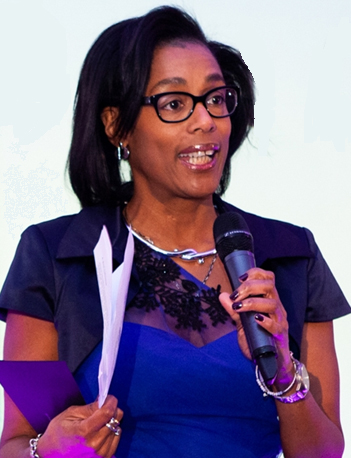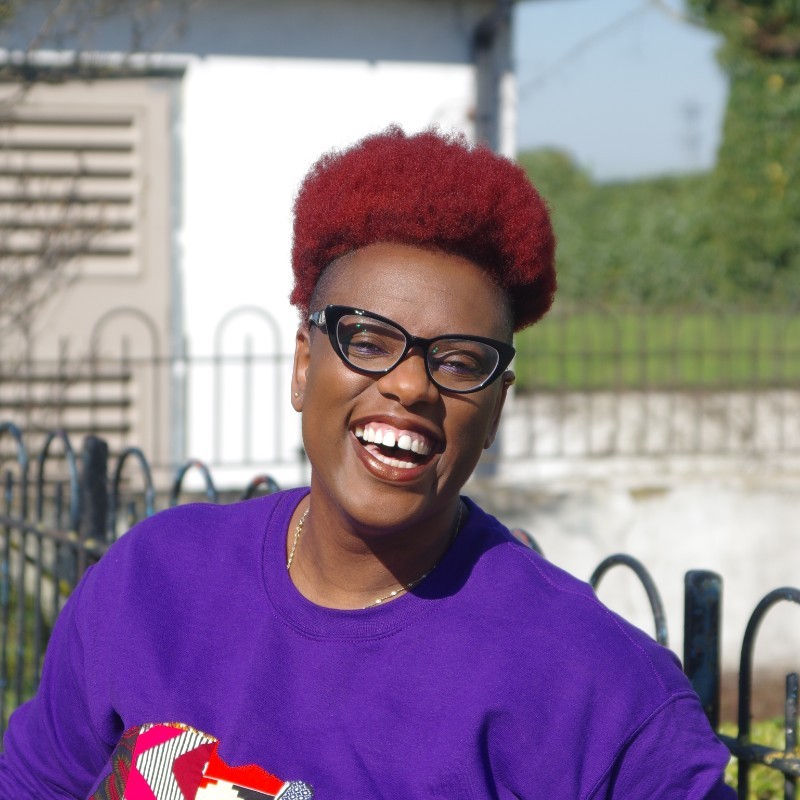Many welcomed yesterday’s news that the UK Government may abolish the ‘offensive’ BAME/BME acronyms, used to refer to Black, Asian and/or minority ethnic communities. Ditching such ‘outdated’ acronyms forms part of a key proposal in a report to be published this week by the Commission on Race and Ethnic Disparities.
However, the pressure to abolish the BAME/BME acronyms has been rising for months now. In fact, many forward-thinking organisations and industries have already made moves to ditch such term. The UK’s Belgrade Theatre actually announced that it planned to stop using BAME and equivalent acronyms, last summer following advice from the Black Creative Network, as reported.
UK Music has also recommended ending the use of these acronyms as part of its new wide-ranging ‘Ten-Point Plan’ to boost diversity and inclusion in the music industry at the end of last year, as reported. The BAME acronym is often used in reports/campaigns, but “it’s not relevant in today’s modern music industry,” pointed out UK Music’s Diversity Taskforce Chair Ammo Talwar MBE, as it “jars with many in diverse communities”. “It is far better to use a word like ‘Black’, ‘Asian’ or something more specific – rather than a careless catch-all acronym,” he suggested.
IMPERSONAL LAZY JARGON
Many diversity and inclusion experts welcomed yesterday’s news as the “outdated term” simply does not reflect the UK’s ethnic make-up. “Thank God they’ve got there,” stated the UK’s Labour MP David Lammy on LBC Radio yesterday. “I’ve said for ages that the term is lazy, it’s impersonal. I don’t like being described as jargon. I’m not jargon. I’m Black, I’m English, I’m British and I’m proud. “I want my identities recognised appropriately. I’m of African descent, African-Caribbean descent; but I am English.”
It’s a sentiment shared by many. According to Dianne Greyson Founder of #EthnicityPayGap Day and Equilibrium Mediation Consulting Ltd, BAME is an outdated term, “struggling to define the experience of those who do not identify as White”.

“We are not a homogenised group with the same experience. You will also note that Black is the only colour mentioned in this acronym,” Greyson added. “It doesn’t tell you where the people originate from. Being Black doesn’t mean we have the same common national or cultural tradition. Black people are definitely not a minority group when you look at the word demographics. The acronym is redundant and should not be used.”
Others like Shereen Daniels, Managing Director of HR rewired and Vice Chair of the Black Business Association with the London Chamber of Commerce, also want the BAME acronym abolished. “I have long argued that language and terminology is important. BAME was a label that was placed upon us. We never asked to be called that,” Daniels pointed out. “We have to remember that it’s used to describe anyone who isn’t White; and as a way of glossing over the barriers and structural inequalities that exist.”
ENDING RACIAL DISPARITIES
Of course, language around race is not the only thing that needs to change to stamp out racism. Daniels said she hopes time isn’t wasted on just “talking about terminology that we forget to concentrate our attention what the action we will take to dismantle racism”.

Paul Sesay, CEO of Precedent Group and Inclusive Companies agrees: “BAME erases the reality that every culture is different. This means that non minorities, can skip being aware or learning of cultural differences. However, the term BAME is not an indicator of ending racial disparities that exist in our society. Real action needs to be taken to tackle this problem; we need to hold employers and establishments accountable.”
Although the recommendation to abolish BAME will not completely solve structural and systemic racism across UK organisations and workplaces, it does have the potential to improve discussions on racial inequality; so that they’re more targeted at key minority ethnic communities, according to race experts. So what will BAME/BME be replaced with?
According to The Telegraph, which released the story yesterday, the Race Commission’s report proposes a more multifaceted approach that would put greater focus on monitoring the outcomes of individual ethnic groups. According to the report, the term ‘ethnic minority’ is more popular with people from ethnic minorities than the BAME acronym or terms like ‘people of colour’ (POC), as in the US. More inclusive terms like ‘Black British’, or ‘British Asian’ have been suggested in the report. More will be revealed later this week when the report is officially released.








































